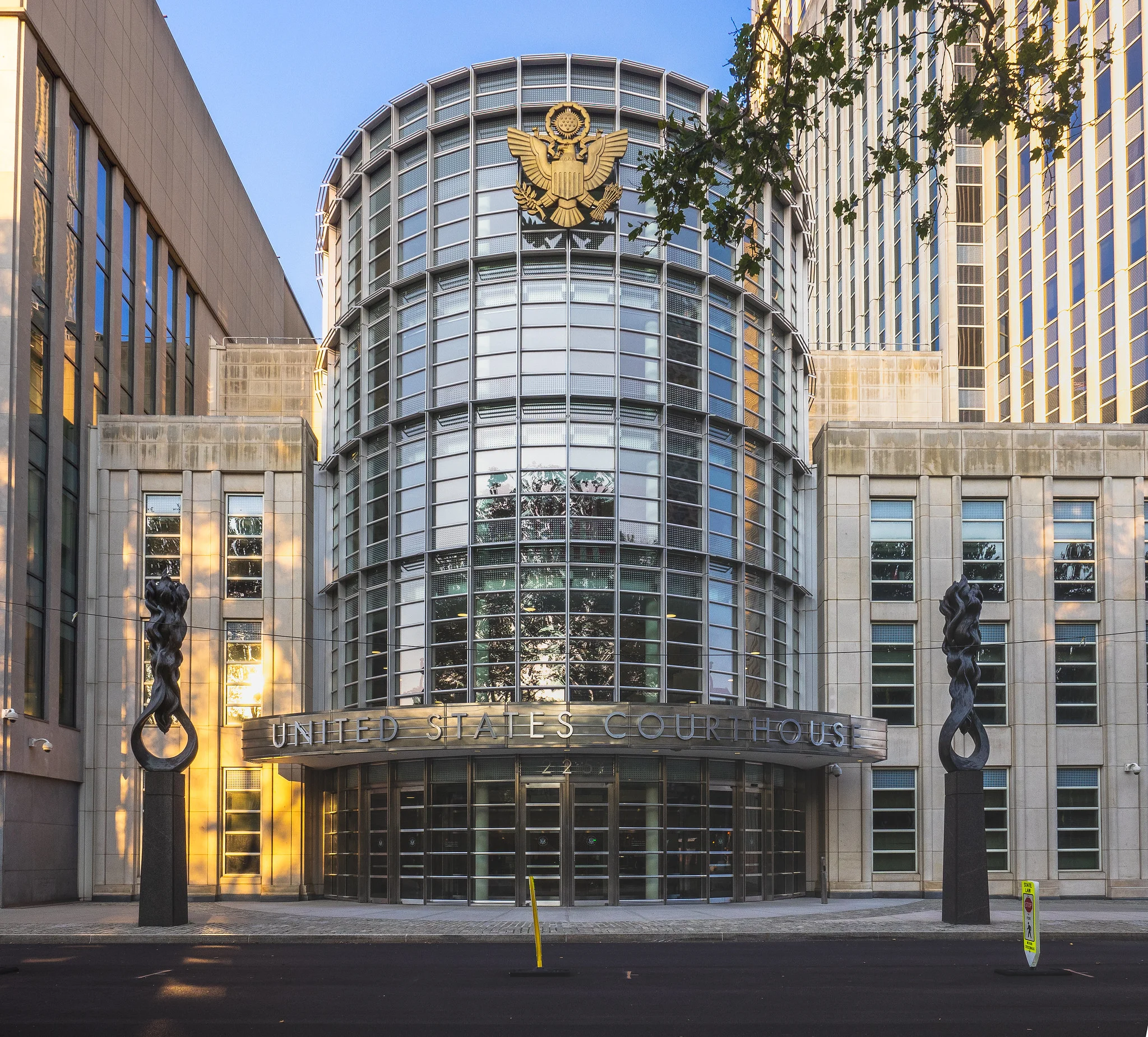A gripping case has emerged from New York City involving a 21-year-old Georgian national named Michail Chkhikvishvili, who stands accused of soliciting hate crimes and planning acts of mass violence. His extradition from Moldova on May 22 marked a significant step in addressing the grave allegations against him, as he prepares to face federal charges in Brooklyn.
Chkhikvishvili, also infamously known as “Commander Butcher,” was apprehended in Chișinău in July 2024. He now faces a four-count indictment that outlines his alleged efforts to incite violent attacks targeting the Jewish community and racial minorities. Disturbingly, the indictment includes a horrifying scheme wherein he purportedly planned to distribute poisoned candy to children during New Year’s celebrations, a calculated act designed to instill terror within communities.
The U.S. Department of Justice has identified Chkhikvishvili as a leader within the Maniac Murder Cult, a notorious international group driven by a racially-motivated extremist agenda. His aspirations of orchestrating violence were chillingly ambitious; he sought to create an attack that would overshadow the horrific actions of Anders Behring Breivik, the Norwegian neo-Nazi responsible for the 2011 massacre that claimed 77 lives in Norway.
Chkhikvishvili’s influence extends beyond mere rhetoric; according to the Justice Department, his solicitations have inspired various violent incidents and tragic loss of life across the globe. This disturbing trend highlights the grave and pervasive challenges posed by extremist ideologies that seek to incite hate and violence under the guise of misguided beliefs.
The implications of this case resonate not only within the halls of justice but echo across societal boundaries. As communities grapple with the threat of such extremist behavior, questions about how to effectively combat hate crimes and protect vulnerable populations come to the forefront of public discourse. The actions attributed to Chkhikvishvili serve as a harrowing reminder of the continuous fight against racial and religious intolerance in our world.
As the legal proceedings unfold in Brooklyn Federal Courthouse, the case of Michail Chkhikvishvili will likely prompt renewed discussions about the intersection of law enforcement, national security, and community safety. Observers will be keenly watching how the judicial system handles this pressing and sensitive matter, which not only concerns legal accountability but also speaks to larger issues of societal acceptance and coexistence.


